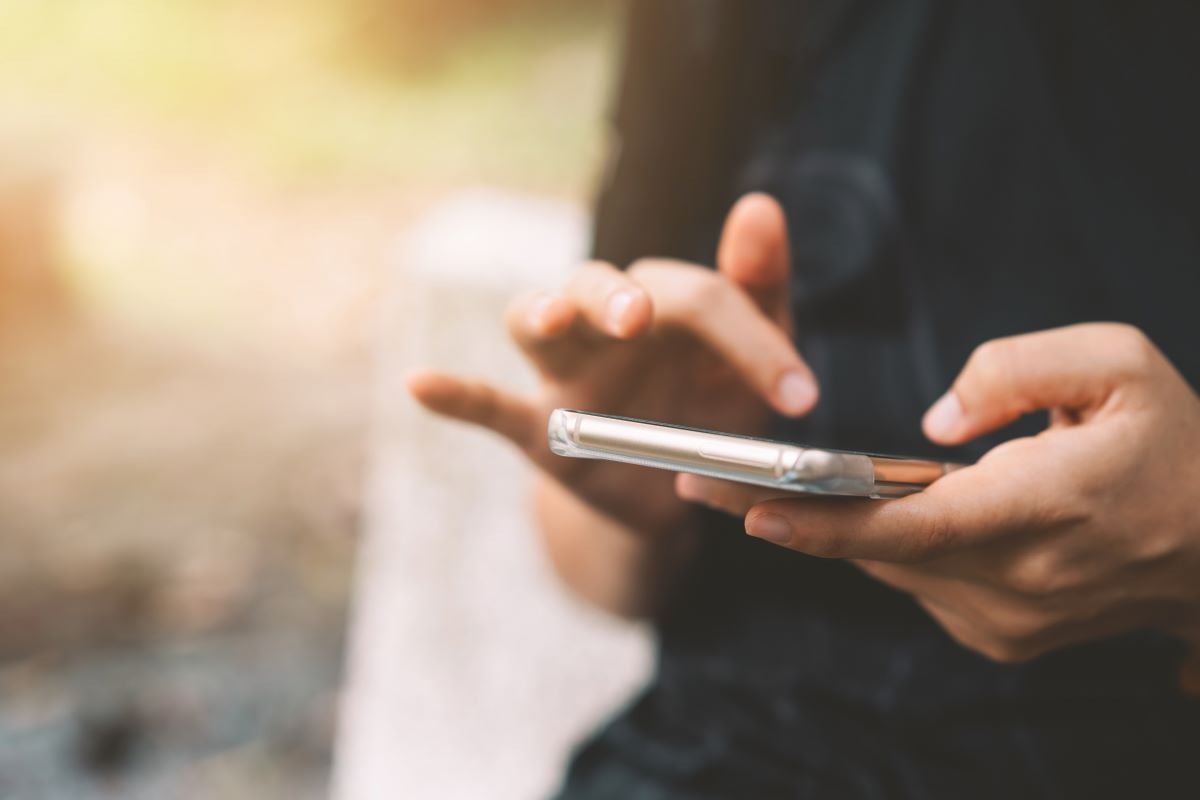
It’s not a replacement for actual psychotherapy, but a newly designed app could help young adults with mental health issues lower their anxiety, researchers report.
The app, dubbed Maya, “can be an accessible and impactful tool for those looking for support around anxiety. It is incredible to see our ideas come to life,” said study co-first author and app designer Dr. Avital Falk. She’s associate professor of psychology in clinical psychiatry at Weill Cornell Medicine and NewYork-Presbyterian, in New York City.
The Weill Cornell team began developing the new app in 2019, in collaboration with members of Weill Cornell Information Technologies & Services.
Maya relies on a tried-and-true form of psychotherapy called cognitive behavioral therapy. It gives folks new coping skills and shifts in thinking to better help them deal with daily mental challenges.
Maya helps teach these kinds of coping strategies, and it’s targeted to young adults (18 to 25). That’s an age often rife with stress, as people transition from the family home into college and the workplace.
Using a variety of videos, exercises and educational content, the app helps supply needed guidance to stressed users whenever they can’t reach a clinician for help.
In a trial involving 59 young adults, most seemed attracted to using the Maya app for at least 11 of the 12 weeks of the study. They did not delete it from their phones, as often can happen when people try out new apps.
Folks seemed to benefit from the app in terms of reduced levels of anxiety, the researchers added.
“We hear a lot about the negative impact of technology use on mental health in this age group,” study senior author Dr. Faith Gunning said in a Weill news release. But there can also be an upside to reliance on smartphones.
Digital technology “may provide a way of addressing anxiety for some people who, even if they have access to mental health providers, may not go,” said Gunning, who is vice chair for research in psychiatry at Weill Cornell. “If the app helps reduce symptoms, they may then be able to take the next step of seeing a mental health professional when needed.”
“Our initial results suggest the app may be an effective tool to bridge the gap for people waiting to see a therapist,” she added.
The new findings were published Aug. 20 in the journal JAMA Network Open.
More information
There are tips to manage stress at the American Heart Association.
SOURCE: JAMA Network Open, Aug. 20, 2024
Source: HealthDay

Leave a Reply